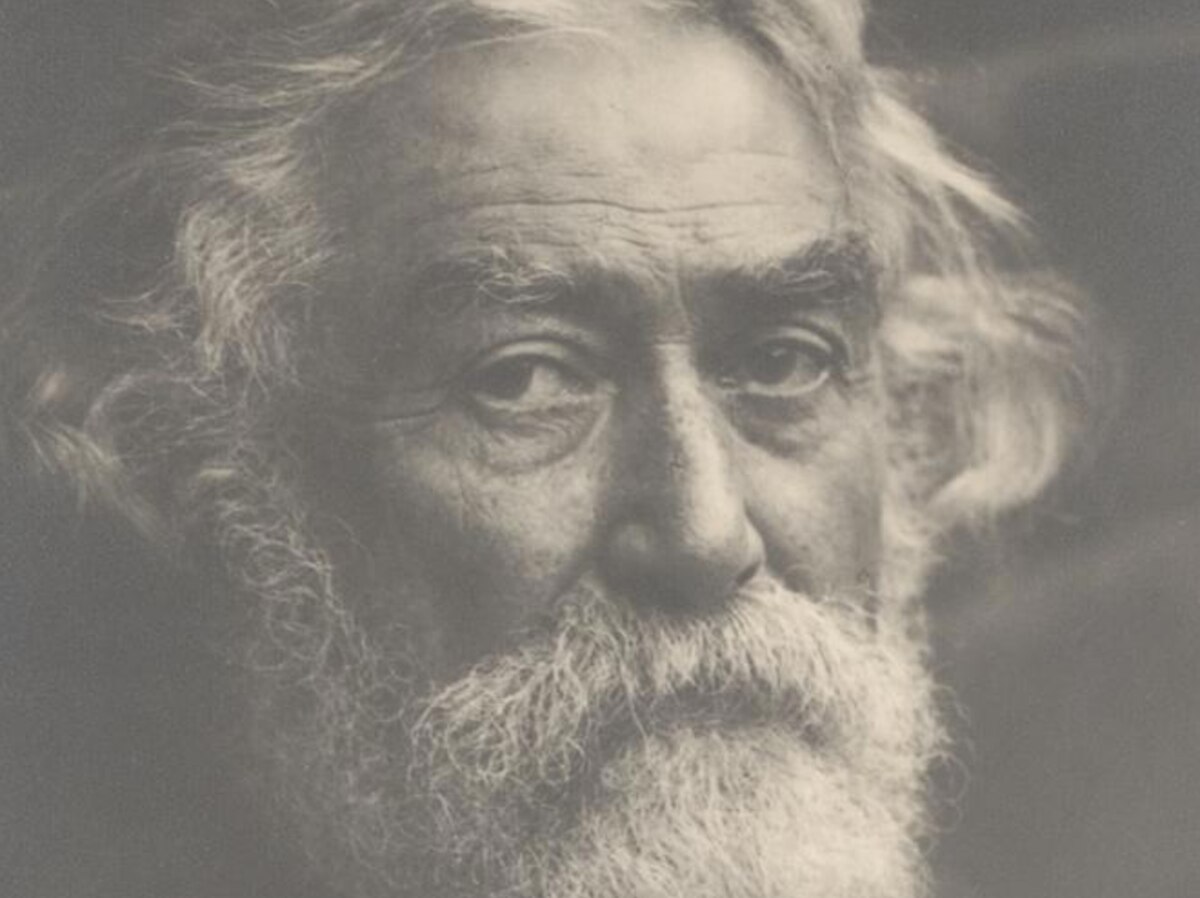Artist and lawyer, poet and soldier, patrician and anarchist, Portlander Charles Erskine Scott Wood was a jack of all trades—and master of quite a few.
Keith Moerer, January 30, 2021
In his later years he looked like Zeus, with wild white hair and an untamed beard. Like the Greek god, he had a reputation for womanizing. And, though no deity himself, he was no ordinary mortal. His name was Charles Erskine Scott Wood, and it’s unlikely that Portland was ever home to a more colorful or versatile citizen.
Wood was a soldier who turned pacifist, a lawyer who preferred poetry, a rich man who blasted privilege. A self-proclaimed anarchist, he was a large landowner and a lover of rare art, fine food and expensive clothes.
He was a pal of Chief Joseph. He did a brief turn as Mark Twain’s publisher. He offered advice and money to radical journalist John Reed. When Portland needed a fountain, he called his New York sculptor friend, Olin Warner, and the city got its Skidmore Fountain. When anarchist Emma Goldman and birth-control pioneer Margaret Sanger needed legal help, he provided it. His circle of friends included artists and agitators, businessmen and barkeeps. One day he’d negotiate a large land grant for a French banking firm; the next, he’d inflame public passion at a rally for the International Workers of the World. As a lawyer, he argued on behalf of the port, banks and utilities (for huge sums), and defended unionists, pacifists and socialists (for free).


